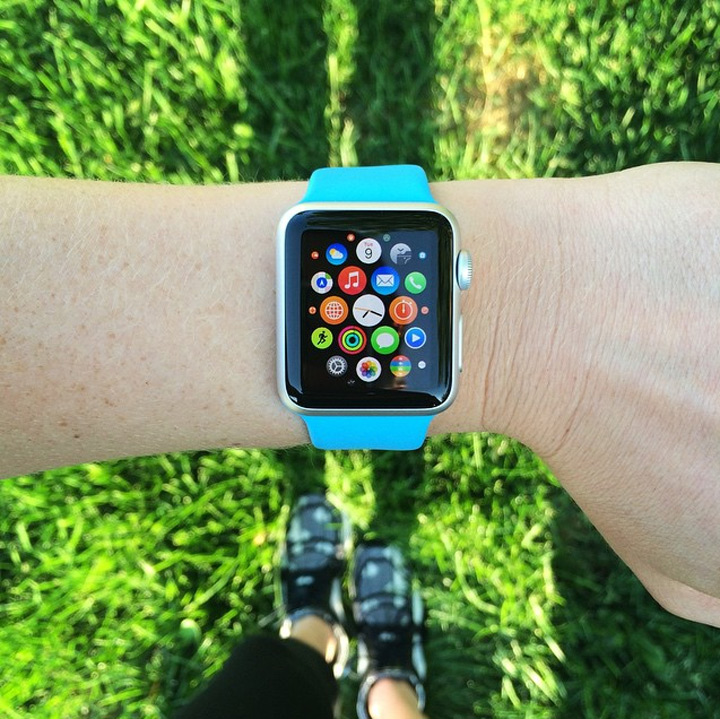If you want to know if you have an irregular heartbeat, Apple now has an app for that too.

The tech giant recently launched a heart study app in collaboration with Stanford University.
It was announced back in September when Apple launched the fourth iteration of its Apple Watch software, watchOS 4.
The company will use data collected about its users’ heart rates to inform patients, doctors and researchers about heartbeat irregularities.
The app will use Apple’s watch technology to measure heart rate through green LED lights that flash hundreds of times per second and photodiodes that determine how much blood is flowing through a wearer’s wrist, the company said in a release.
The sensor can gather signals from four points on the wrist, which can isolate heart rhythms from other noise, Apple explained.
“Working alongside the medical community, not only can we inform people of certain health conditions, we also hope to advance discoveries in heart science,” Jeff Williams, Apple’s chief operating officer, said in a statement.

Get weekly health news
According to tech news website The Verge, Users who choose to participate in the study by downloading the app will be notified on their iPhone or Apple Watch of irregular heartbeat is detected.
Furthermore, the user will be offered a free consultation with a doctor and an electrocardiogram (EKG) patch.
Atrial fibrillation (AFib), or an irregular heartbeat, is the leading cause of stroke and is responsible for over 130,000 deaths across the United States each year, Apple asserted in a statement.
AFib, often goes undetected because people don’t experience the symptoms, the company added.
“Through the Apple Heart Study, Stanford Medicine faculty will explore how technology like Apple Watch’s heart rate sensor can help usher in a new era of proactive health care central to our Precision Health approach,” said Lloyd Minor, dean of Stanford University School of Medicine.
Several people have claimed over the past year that smart devices, including the Apple Watch, detected anomalies in their heartbeats and, in turn, saved them from potentially fatal conditions.
In one case, CNBC reports that Jason Green claimed the heart rate monitor on his Apple Watch alerted him to a spike in his heart rate, prompting him to seek medical attention.
He later learned that he was experiencing a pulmonary embolism.
In another case, Metro reports that an Alberta man credited his Apple Watch for alerting him to his increasing heart rate, which turned out to be a heart attack.
The study is open to U.S. residents who are at least 22 years old who own an Apple Watch Series 1 or later and an iPhone 5s or later.























Comments
Want to discuss? Please read our Commenting Policy first.